Circular Sustainability Hacks
3 Ways to Cultivate a Circular Culture of Consumerism
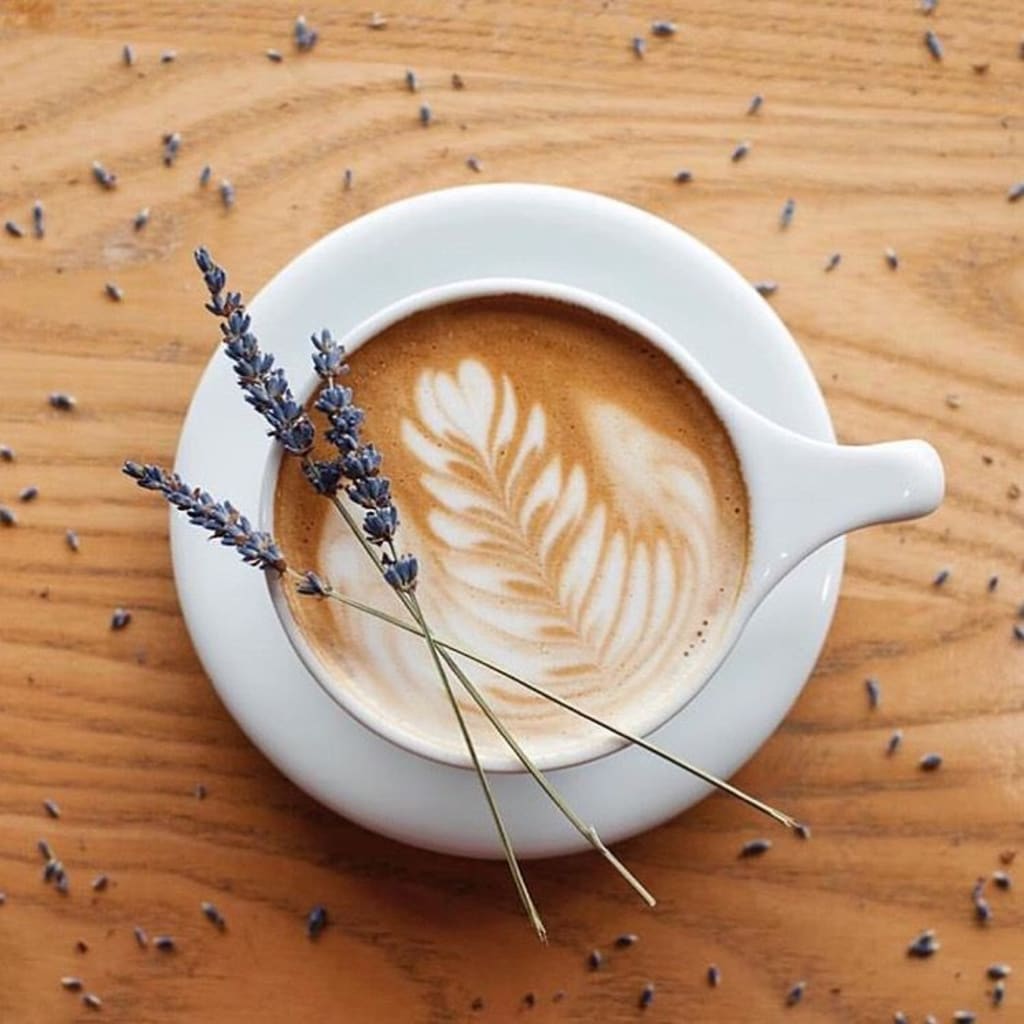
A key aspect of the sustainable economic values of community, consumption culture and production is the 'circular economy.'
According to the Sustainability Guide: In today’s established economic systems, goods are produced, used and discarded, a linear economy where the flow has a clear beginning and a clear end. A circular economy works quite differently. Products and services in a circular economy are designed in a way that allows them to be reused, either in the biological or technical cycles.
So how do we personalise this experience of 'circular' economies? My hacks for sustainability have been attained through 3 methods that have been integrated into my lifestyle by converging my passions with my values for forward thinking ethical approaches to consumer culture in the arenas of beauty, coffee and travel.
◆
BEAUTY
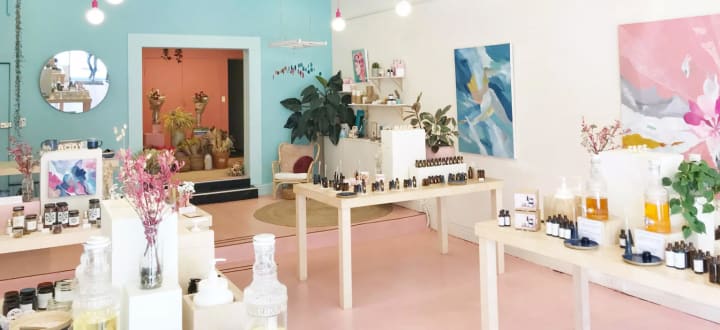
I switched my beauty products and the method I thought about consuming beauty products. It all began when I was working in a coffee shop in Northcote, Melbourne, serving regular coffees to the locals that really embraced the use of 'keep cups.' In chatting to the regulars, two young women who visited from the aligning shop next door, I learned more about their business model for beauty products when discussing sustainable approaches for small business.
I discovered 'The Botanical Store' as a place where one could buy products crafted specially for skin and body care that was natural and sustainable. The ethics and pillars of 'The Botanical Store' invested in the sustainable and slow method as opposed to the 'fast consumerism, high plastic' turn over of the previous decades. They were genuinely invested in providing beautiful glass bottles able to be topped up and refilled when your product ran out.
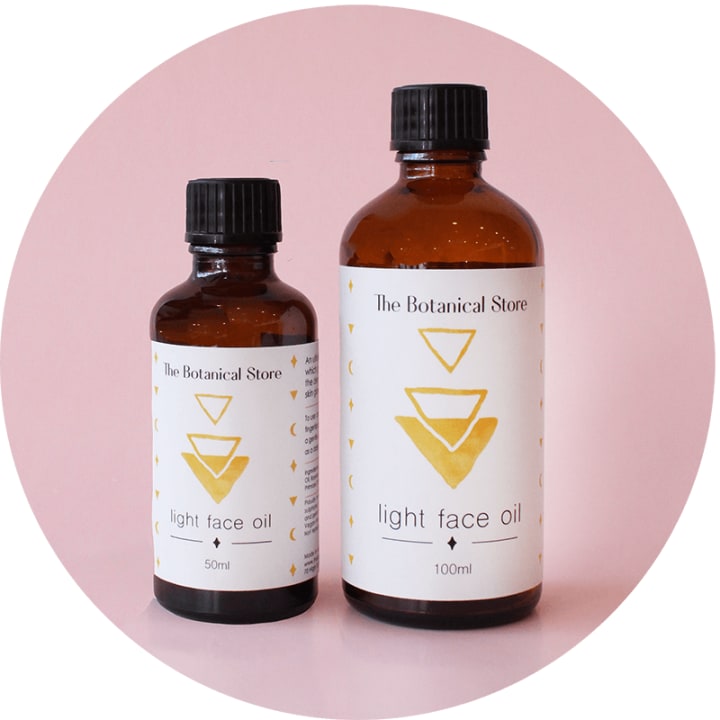
In essence, I was cutting out the chunk of my lifestyle that had been converged into my mind ever since I opened my first magazine. The 'corporate beauty industry' and replacing it with a small local business with a free skin consultation and an ethical approach to the environment using natural products and plastic free from women that shared similar values.
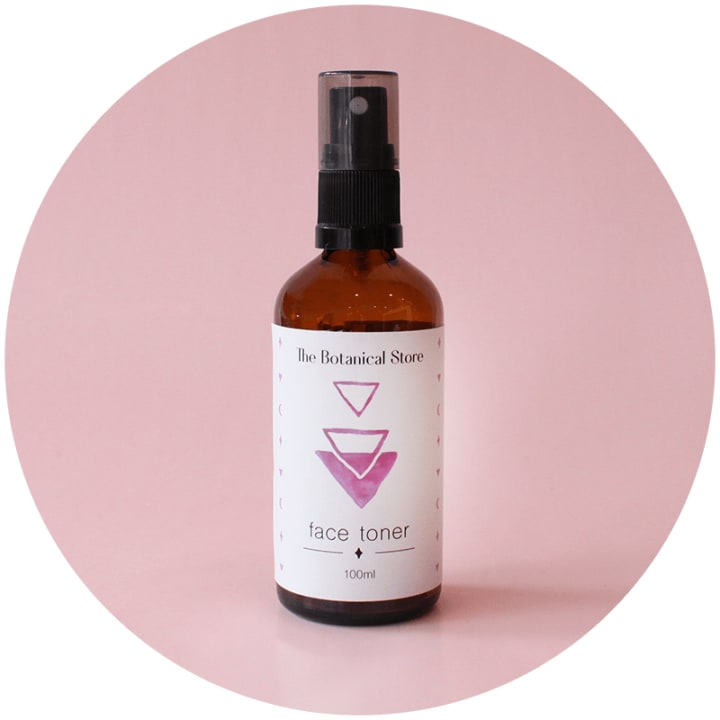
When my city was struck into a lockdown for COVID19 I knew that this local store would no longer be able to keep their doors open as they had in previous times. So I ordered a package of sustainable natural skin care products in beautiful glass bottles ready for a refill:
- A Facial Toner with 'soothing and hydrating benefits for dull or dry skin, one spritz of Rose, Chamomile or Sandalwood.'
- A Face Cream with' the pure plant power of amino acid-rich Aloe Leaf, soothing Shea Butter, nourishing Apricot Kernel Oil and ultralight Babassu Seed Oil, this easily absorbent. Also features the regenerative power of Calendula Flower and rich Macadamia Seed Oil for extra skin benefits.
- A Face Oil which is 'a potent blend of oils to restore vitality, balance oiliness, even skin tone and regenerate skin cells deep in the base layers of your skin. Jojoba oil is the closest oil to our natural skin sebum and so is recognised as the ultimate ‘skin food’ with Meadowfoam Seed oil providing antioxidants and a lightweight base that absorbs easily and protects the skin.
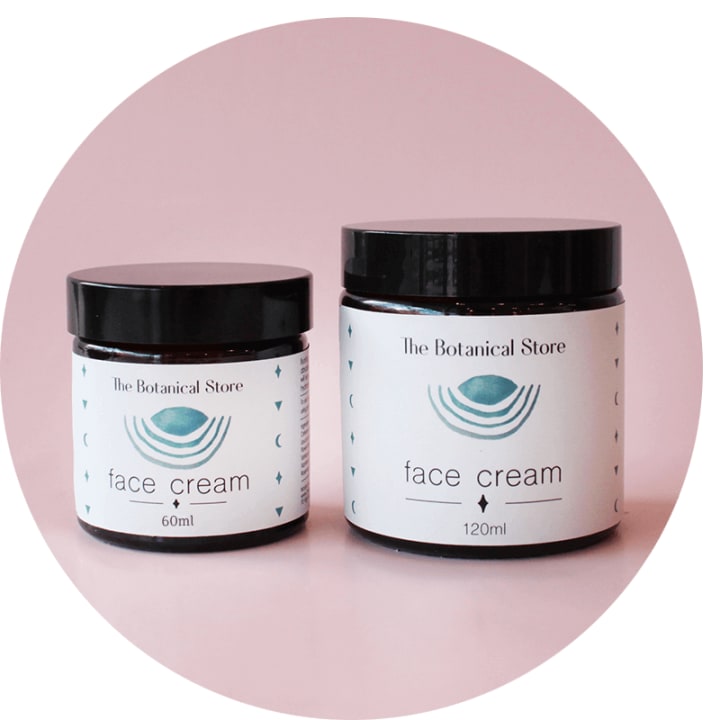
Ever since using these products I have felt my skin improve to a healthy softness and despite being 28, I have no fine lines or emerging wrinkles. I can refine my collection of products to the quality essentials that are local, reusable bottles and are crafted by women that I can see as a part of my community and whom I can learn more about ethical beauty from.
With the eventual shift of companies and communities to develop a more sustainable and ethical approach to a circular economy that reflects the values of modern consumer culture, stores similar to 'The Botanical Store,' are pivotal in revitalising our relationship to beauty consumerism.
No longer am I skimming my eyes over the large supermarket pondering what product actually works and what is in it. Let alone, the factories and how they pollute the environment. I know my money is going local to a small ethical business with a sustainable and holistic practice. I know exactly what is in these products and what I am applying to my skin with no mystery ingredients only natural ones. I know that I can refill my bottles when they run out and keep supporting my local economy by spending locally.
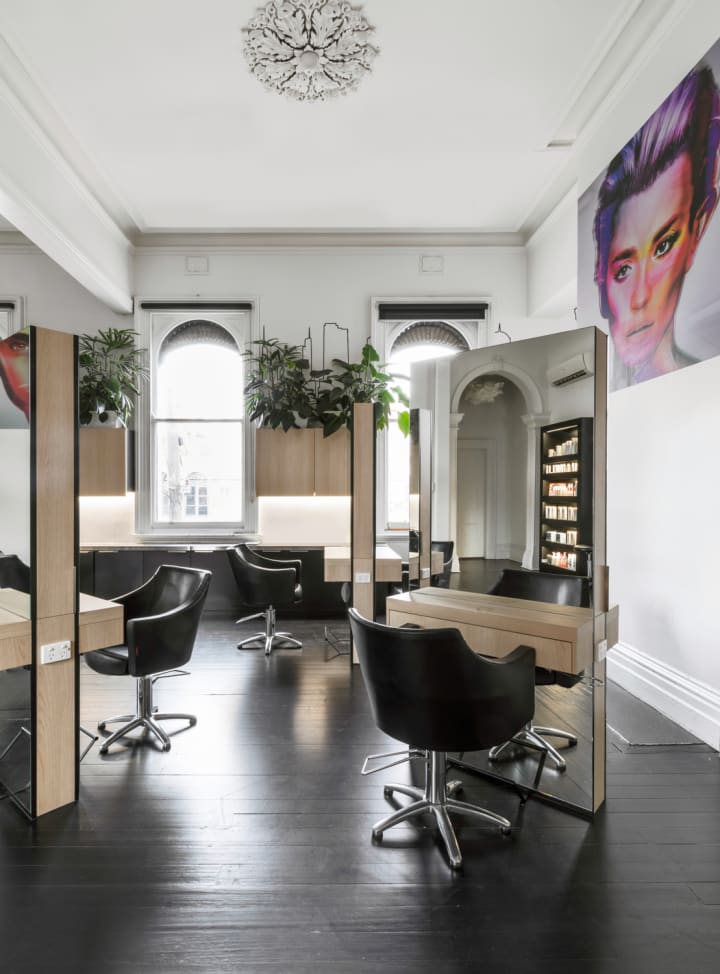
After discovering 'The Botanical Store', I mentioned it to my hair dresser who offered a special hair conditioner catered towards my exact hair colour and texture and provided the same reusable bottle experience. Keeping my beauty local has helped build relationships to women that share similar values and made me feel positive about myself and what I can do to invest locally, whilst helping the environment and my skin. It has made me realise how modern women in Melbourne are able to build their beauty businesses around sustainable consumer culture and be at the forefront for discovering the best way to sustain their communities and environment with beauty as their passion.
◆
COFFEE
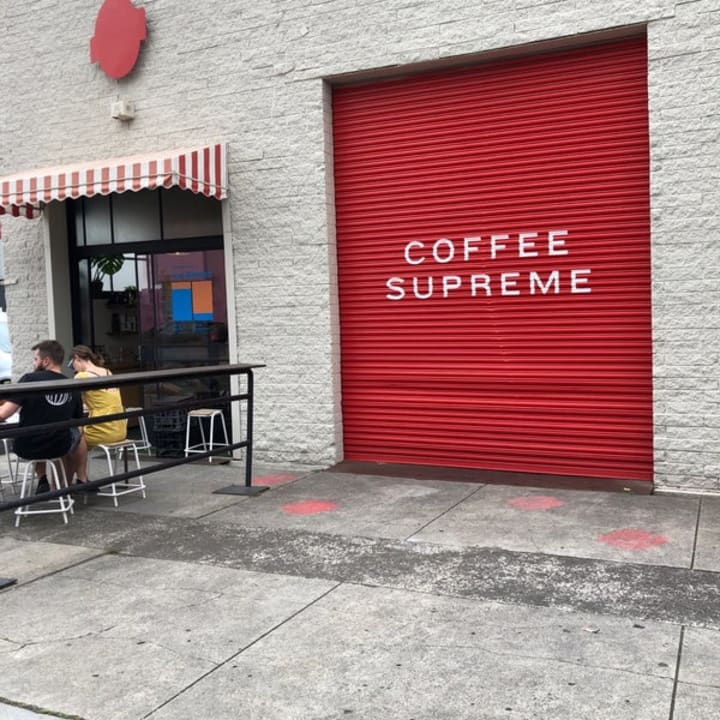
Not many people can gesture up ideas of Melbourne without thinking of the thriving cafe and coffee culture that has shaped the cities vibrant streets and lifestyle. Melbournians have inspired cafes around the USA and England to fuse into the Italian Australian method of coffee culture and our roasteries are world class in sustainable approaches to working with farmers.
One of the best parts of being a barista for so many years in Australia and in Canada is that I have a pretty developed understanding of the sustainability of coffee supply chains and the essential role of sustainable, ethical and beyond fair trade coffee, alongside a love for delicious flavour profiles.
Not only is ethical and beyond fair trade some of the most delicious, it can also be a worthwhile way to rethink your consumption habits and learn about different cultures and communities that grow and harvest coffee.
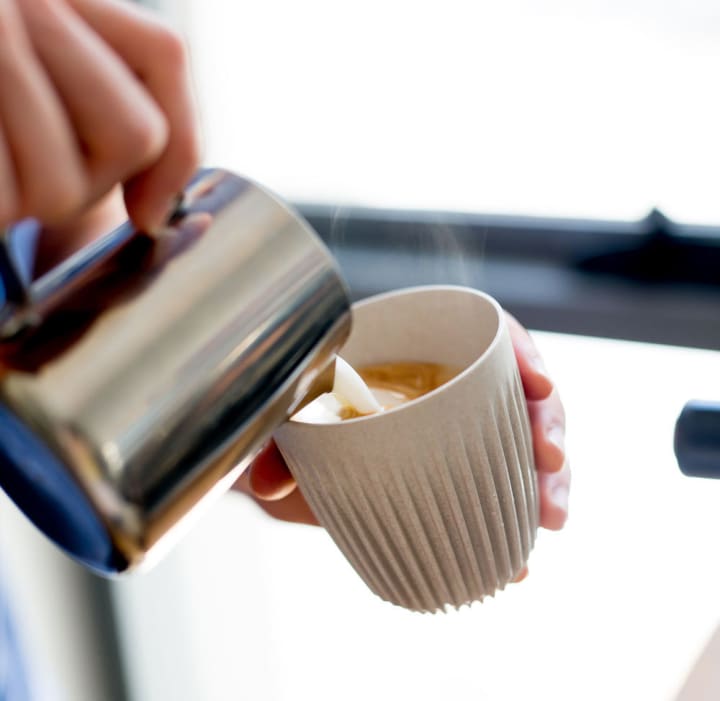
For starters, coffee cups and plastic are wasteful. Even keep cups can be wasteful, they're often made from plastic and metal and can only really be used for take away. Unlike those cups, the award winning design of 'Huskee Cups,' has repurposed the waste of coffee harvests from the husk of the coffee beans into a new design of coffee cup appropriate for home, cafes and on the go. It isn't based on plastic, it comes directly from the husk of the coffee during the harvest process and thus is circular waste free sustainable coffee cup. Check out Huskee to try these cups out. Fun fact, you can also ue them for wine on the beach!
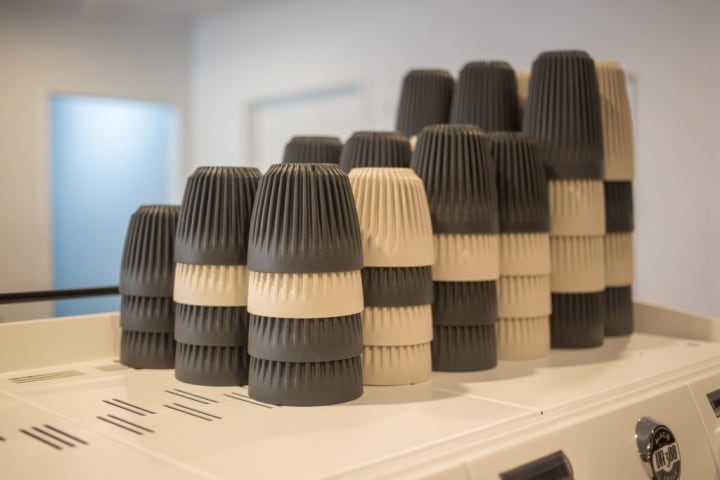
Secondly, not all coffee roasters are created equal. In Melbourne we have a variety of roasters and unlike the North American model which has been exported to a greater part of the world through Starbucks and throw away cups, Australia relies on the small business of cafe culture with a dine in focus and direct relationships to small roasters and regular customers. This has become a thriving small business model and enabled a diverse range of coffee shops and coffee flavour profiles around the country.
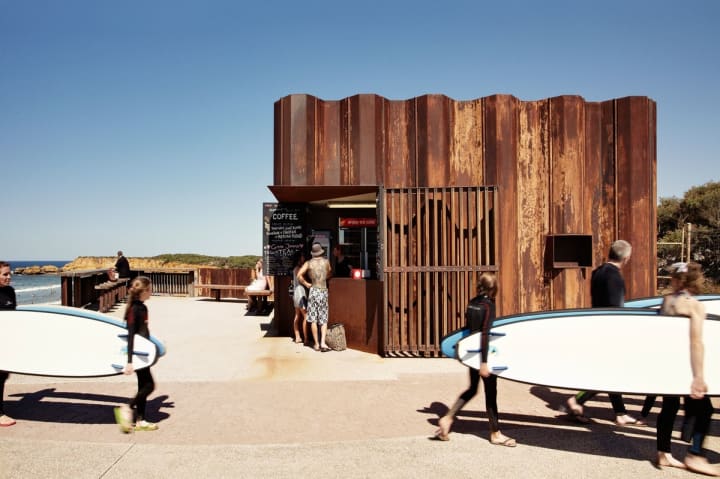
Through this method, Australia has some world class coffee roasters such as Jasper Coffee and Supreme Coffee Roasters being two of my select favourites as they share great relationships to their farmers and are able to tell you all about it when you visit. This way I can select the harvest location and learn exactly what is behind my beans. Think certified organic, carbon neutral and shade grown which requires little or no chemical fertilizers, pesticides, or herbicides. The shade trees filter carbon dioxide which causes global warming, and aid in soil moisture retention which minimises erosion. Beyond this are the specific gold standard projects in place to invest in the harvest community such as with Cafe Feminino from Jasper Coffee from Peruvian origin.
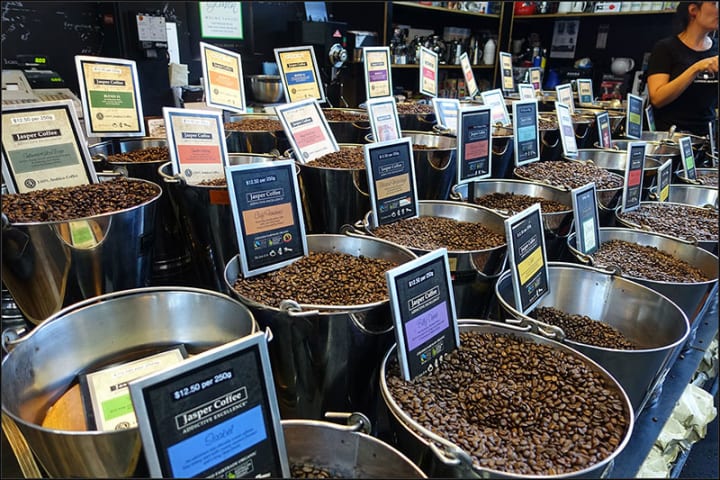
My absolute essential as a barista to impart with you is to research who grows your coffee and how the coffee roastery supports those farmers. This way you can find your own choice based on ethical consumerism and taste. My first choice is the Cafe Femenino from Jasper Coffee, it holds the gold standard in Ethical Excellence being Fairtrade, Organic and a coffee with a cause. As a world first - this coffee is owned and produced by women only. The proceeds from this delicious coffee with sweet blueberry and chocolate notes goes towards investing in the community for women.
One investment is with stand up stove tops for the women to have installed to cook more safely in their homes without hurting their backs and breathing in the toxic fumes from the previous stoves. Another way is to teach the local girls martial arts to help build their confidence up for self-defense for protection. Now the females in the community know they have a place they can earn money with dignity and not rely on their husbands which helps reduce the risks of domestic violence and poverty.
When you learn about how the roaster sources your coffee you can have a direct relationship to where you money is being spent and the projects it is able to support. Check out your local roaster to see what projects they are supporting to help empower community while still enjoying a delicious coffee.
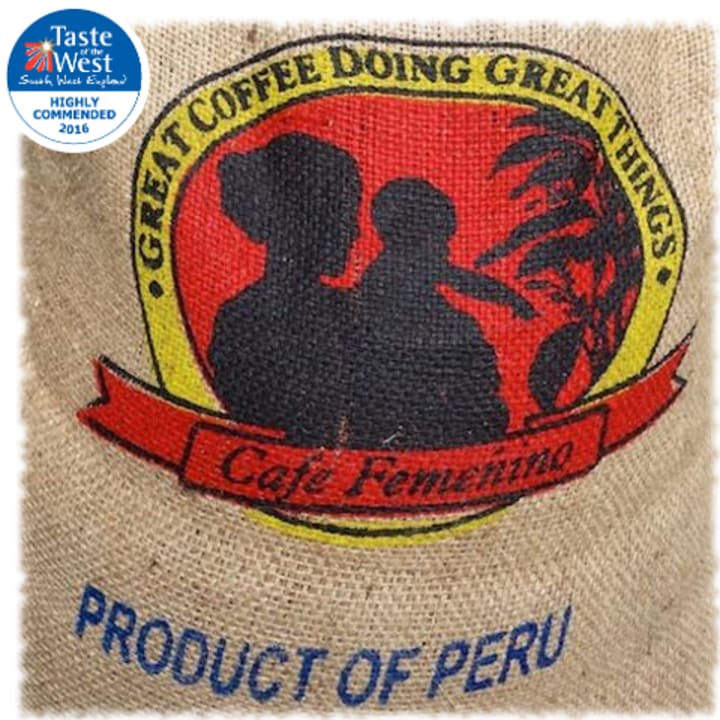
◆
Travel:
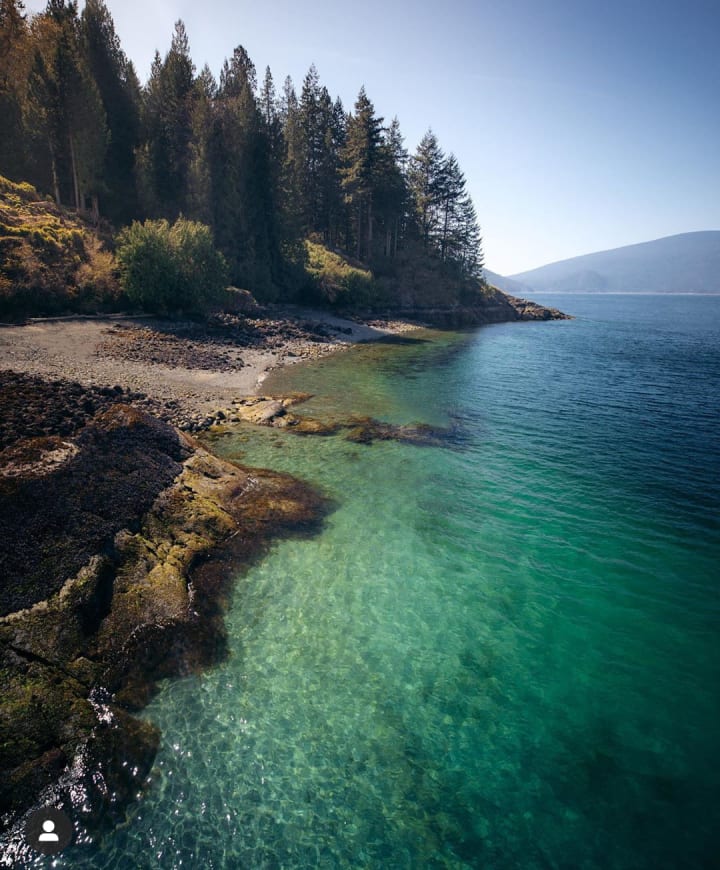
As mentioned before, I was a barista in Canada and have since returned to beautiful British Columbia a few more times to keep in touch with the people I met there and to continue my local experience of the province.
Not only was every aspect of the coffee shop I worked in on the Down Town East Side sustainable as possible, from the cleaning products to the repurposed recycled wood, it also imparted the importance of looking after the vulnerable people of the DTES.
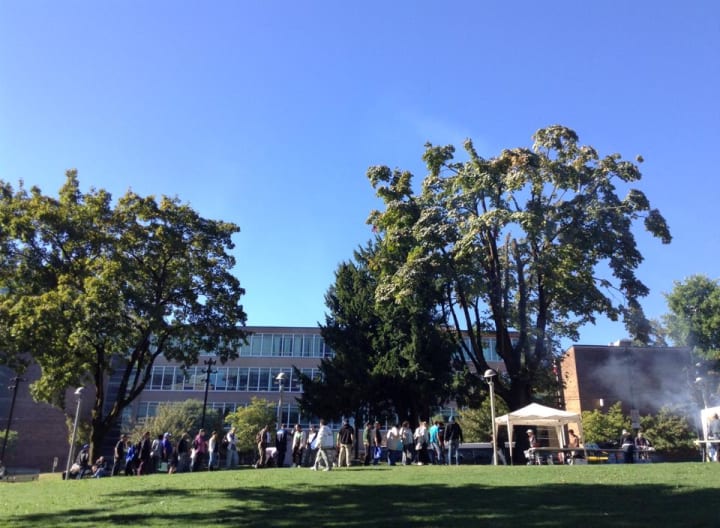
One aspect of being in another country that has helped formulate long term 'sustainable' hacks for life is to give back. I volunteered with 'Project Blue Hands' in 2014, a non-for-profit organisation with the aim of restoring dignity to those in the Down Town East Side of Vancouver. If a part of the world means something to me, I want to see that part of the world invested in to sustain itself and its community with compassion and giving back. Not only has this taught me more about the impact of poverty and addiction in cities like Vancouver, it has helped me understand how to approach this issue locally with a greater knowledge of how our Canadian cousins operate their systems to help those in need.
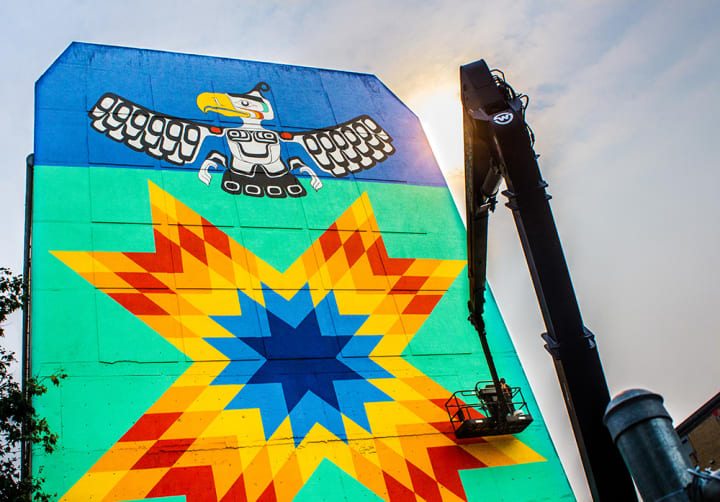
Through this form of sustainable travel experiences in my itinerary I was able to become better friends with a local resident and eventually help organise an event for another non-for-profit LoveFound. I was able to work directly with the founder and learn about sustainable fashion made in Nepal and reinvested back into Nepal. Together, Priscilla Devi Prasad and I curated an event that helped communicate to a local community of people the culture of Nepal.
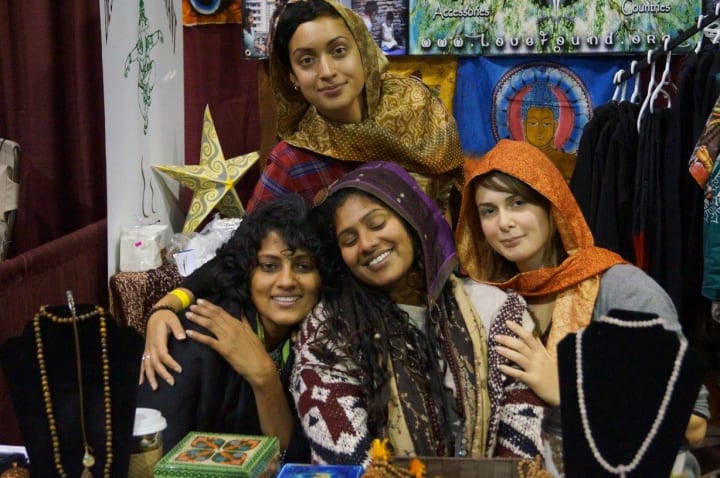
Through the LoveFound platform we were able to raise over $5000 with our efforts about empowering women and children in Nepal. Working alongside a local with a passion like Priscilla brought me closer to her family and also her culture of Nepalese/Indian heritage living as a second generation migrant in multicultural Canada. Her empowered vision for building community across the world can be vital in long term strategies to empower others with similar visions. Soon after this event took place the earthquake devastated Nepal. The relationships we had helped build in the local Vancouver community made it easier for people to donate and feel connected to Nepal.
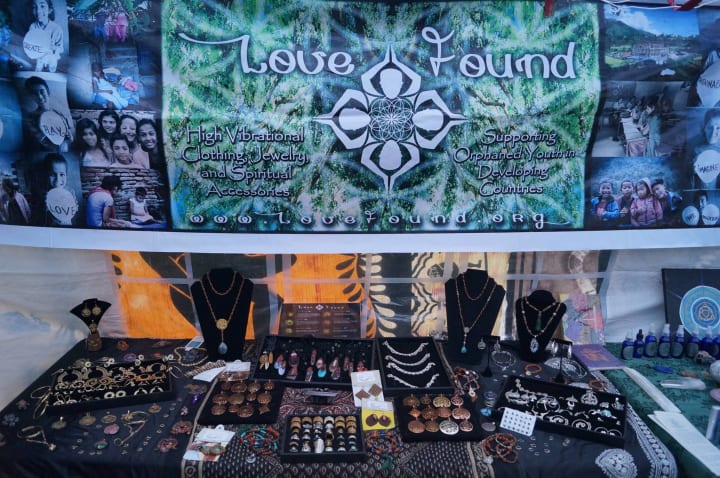
My experience of the non-profit helped me formulate further relationships in the community with others to sustain my ability in being not just a 'traveler' but a person invested in the local culture and the passions that those people have for others in around the world.
In working with Priscilla, I was able to introduce her to another friend Sarah with a similar vision for Rwanda and align the values of empowering sustainable projects around the world. Now it has been 6 years and I have seen Sarah's vision turn into a sustainable business model for creating bags and clothes whilst enabling women in Rwanda to have bicycles and sewing machines to be more empowered.
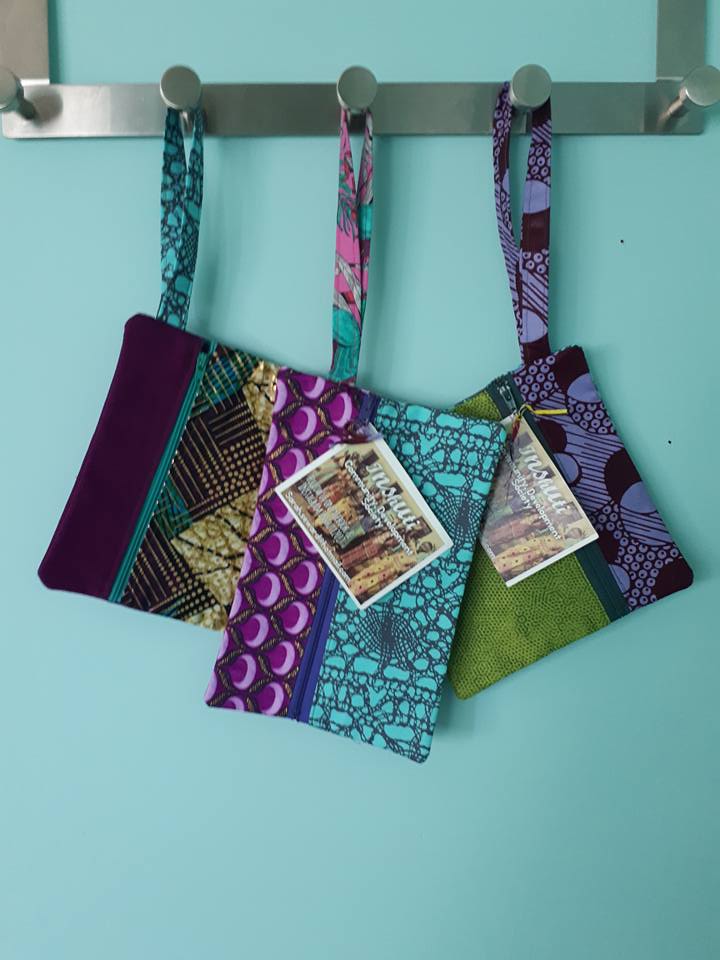
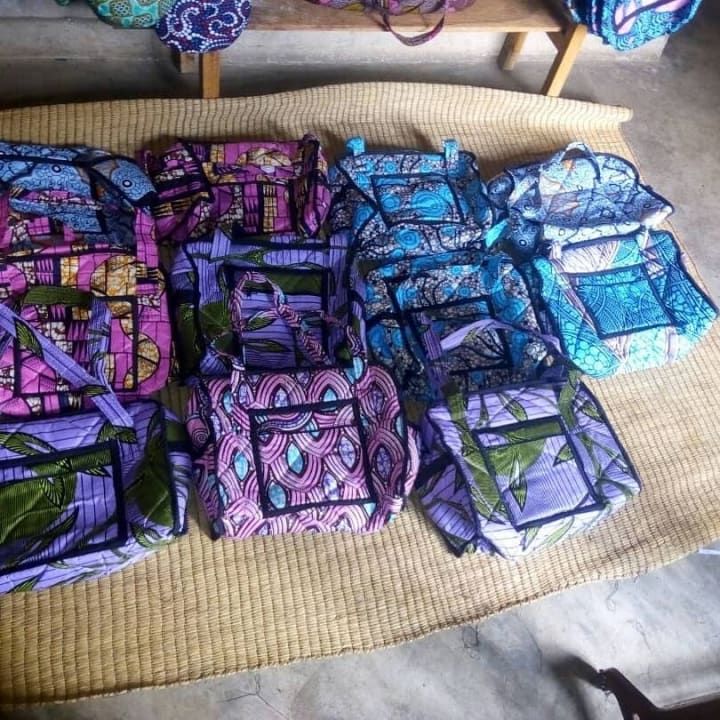
My sustainability hack for travel is simple: volunteer if you have time. If you volunteer you meet parts of the community you wouldn't have otherwise and you develop a greater sense of the community spirit and the people that sustain it. It was through these volunteer projects that I was able to learn about how I can ethically support developing countries through my purchases. Now each time I go to the grocery store I have a large beautiful African purple and green print bag from Sarah's project 'Inshuti Rwanda,' to carry my shopping knowing I helped that project in its early days and will continue to support it.
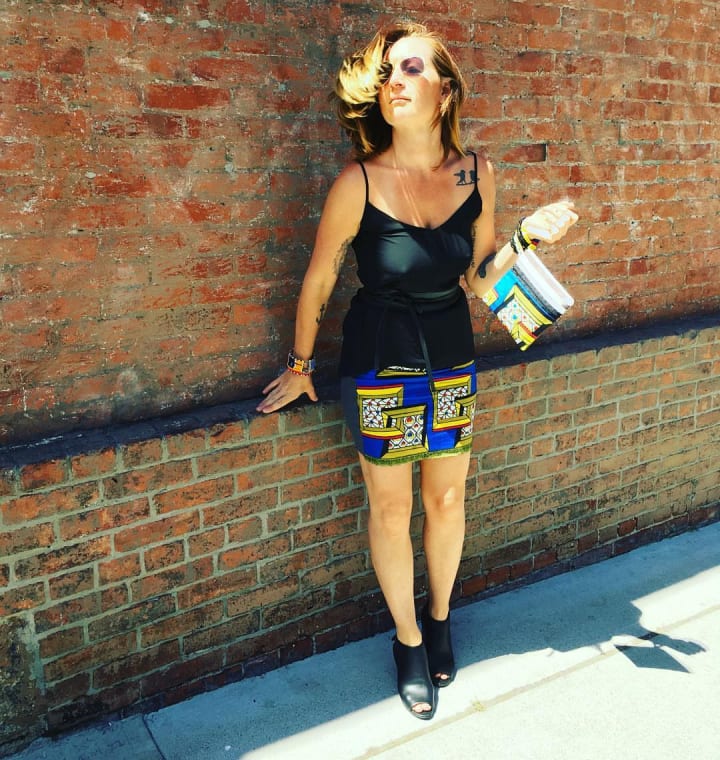
Vancouver has become a place where the people share my values and their travels inspire my travels as I learn through them and can be able to visit Africa and Nepal with a mission for giving back knowing I have already touched base with the culture and the women in it. I now approach fashion with not only a love of vintage and up-cycled clothes, but also for textiles, patterns and investing in sewing machines for women as a way for how design can economically empower others and not contribute to 'fast fashion' of yesteryear.
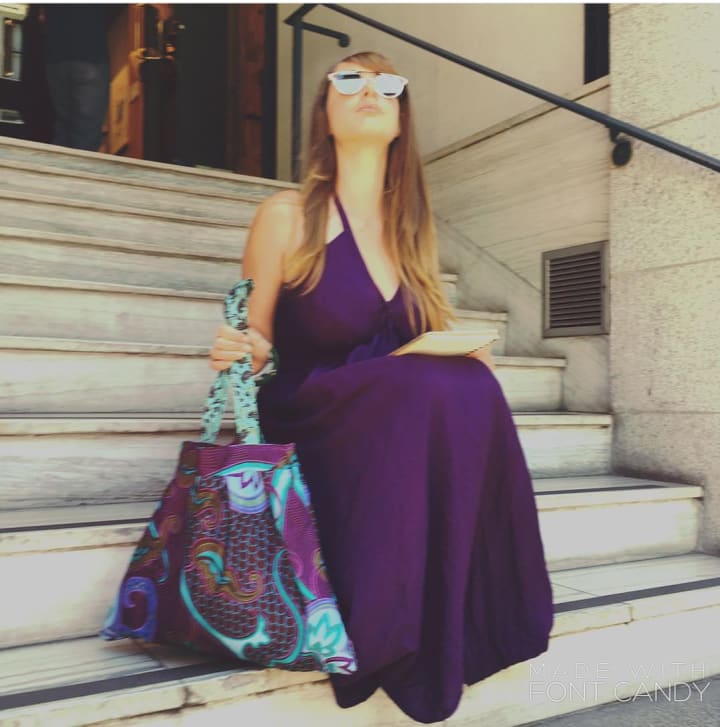
These sustainability hacks enable the circular nature of our consumer culture to be further explored as my everyday experiences become enriched by sustainable and ethical points of value.
◆ I value my beauty for what it does for my skin, but also how it disrupts the supply chain of plastic and refocuses on the local and natural.
◆ I value my daily coffee, not only the flavour profiles, but also for the knowledge of environmental and social contributions it can make as a heavily consumed product from start to finish.
◆I value travel, but more so, the friendships and the experiences giving back can enable me to have because I learn about the culture and how to empower others with dignity to build stronger communities long-term around the world.
For more information please check out these websites:
https://www.thebotanicalstore.com.au/
https://huskee.co/
https://www.jaspercoffee.com/collections/
https://shopau.coffeesupreme.com/
https://projectbluehands.org/about/
https://www.facebook.com/LoveFoundCommUnity
https://www.facebook.com/rwandainshuti/
About the Creator
Jamileh Hargreaves
Masters of Strategic Comms MGMT at Monash Uni 2021
BA in Professional and Creative Writing at Deakin Uni 2013-2019
Diploma in Community Services at Open Colleges Australia.
Based between Melbourne and Vancouver.



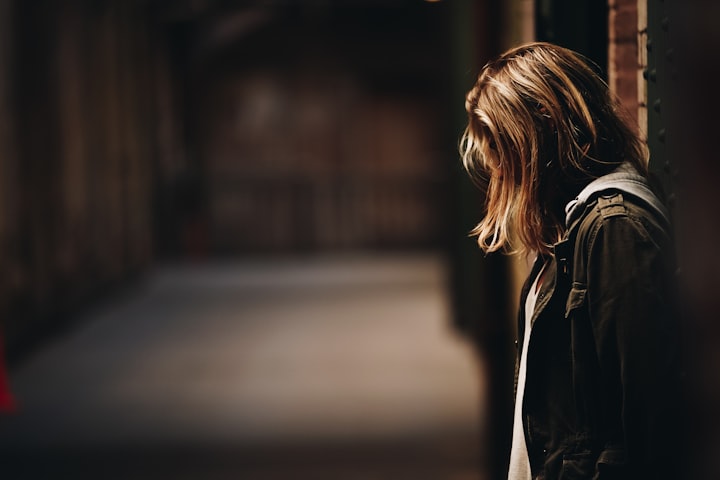



Comments
There are no comments for this story
Be the first to respond and start the conversation.